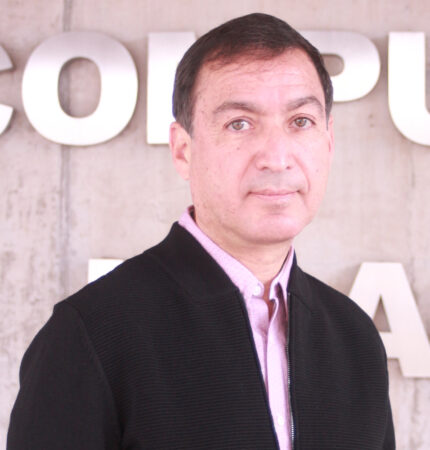In a letter dated 30 September 1695, Fractional Calculus was born within a serious discussion between Leibniz and de l’Hôpital about the possibility and meaning of half order derivative! Fractional dynamic systems have been dealt almost by mathematicians only during three centuries ago. In the past decades, this subject and its potential applications have gained a lot of importance, mainly because fractional calculus has become a powerful tool with more accurate and successful results in modeling several complex phenomena in numerous seemingly diverse and widespread fields of science and engineering. It was found that various, especially interdisciplinary applications, can be elegantly modeled with the help of fractional derivatives.
Since fractional dynamic systems grow, mature and develop, we have focused on the most promised new directions that were formulated based on the modern techniques and approaches presented recently in the field.
This special issue, resulting after an open call for papers, has contributions on theoretical, experimental and applied aspects in fractional dynamic systems. Each paper has been carefully selected, having passed the standard refereeing process. It is important to mention and clarify that we only handled received submissions that were explicitly meeting with the Aims and Scope of CAM journal.
The areas of interest included, among others, the following topics:
-
Survey on modern fractional calculus
-
Computational methods for fractional dynamical systems
-
Fractional Inverse Problems: Modeling and Simulation
-
Control & optimization fractional systems
-
Latest advancements in numerical methods for fractional PDE
-
Applications of fractional problems in science and engineering
-
Heat transfer involving local fractional operators
-
Waves, wavelets and fractal: fractional calculus approach
There were 171 received submissions in this special issue. Following CAM standards and having in mind the limited SI pages, a set of these papers have been rejected in initial stage within pre review, others moved to review processes resulting in 32 accepted papers.
We take this opportunity to thank all the contributors of MFDSA 2017, more precisely, to all authors for confirming their interests to the subject by submitting their works for possible publication, and also to all referees for helping our editorial task that was made lighter by the service of their unrewarded but dedicated reviews: we offer them our heartfelt thanks.
A special thanks and respect goes to Prof. Dr. Luc Wuytack, CAM Editors and CAM publisher for accepting our proposal and giving us a green light to form this issue.

